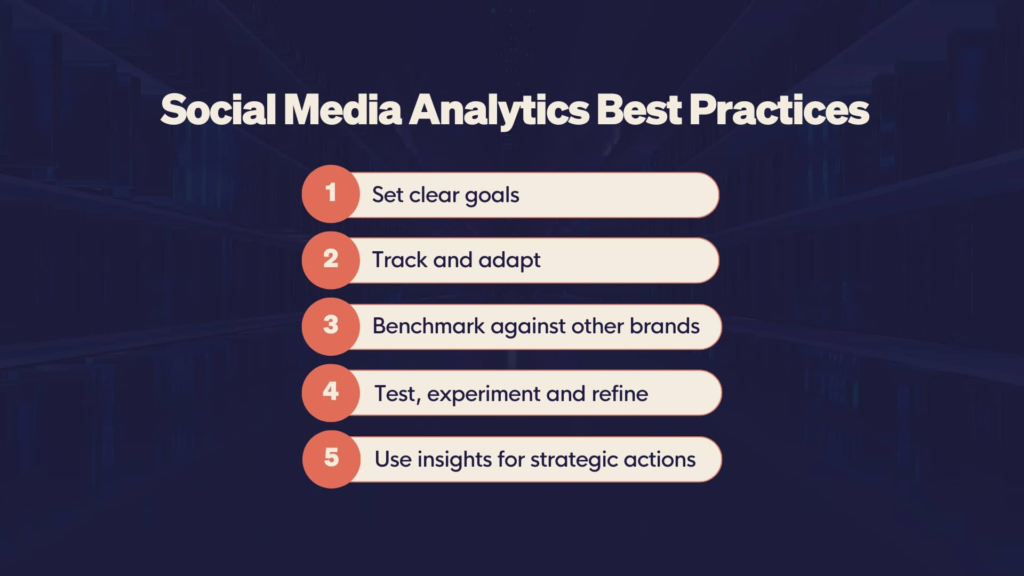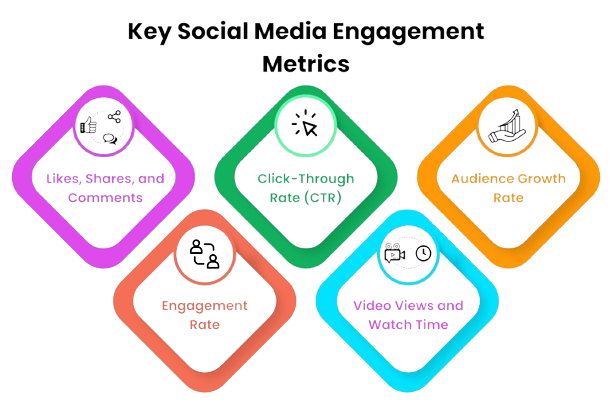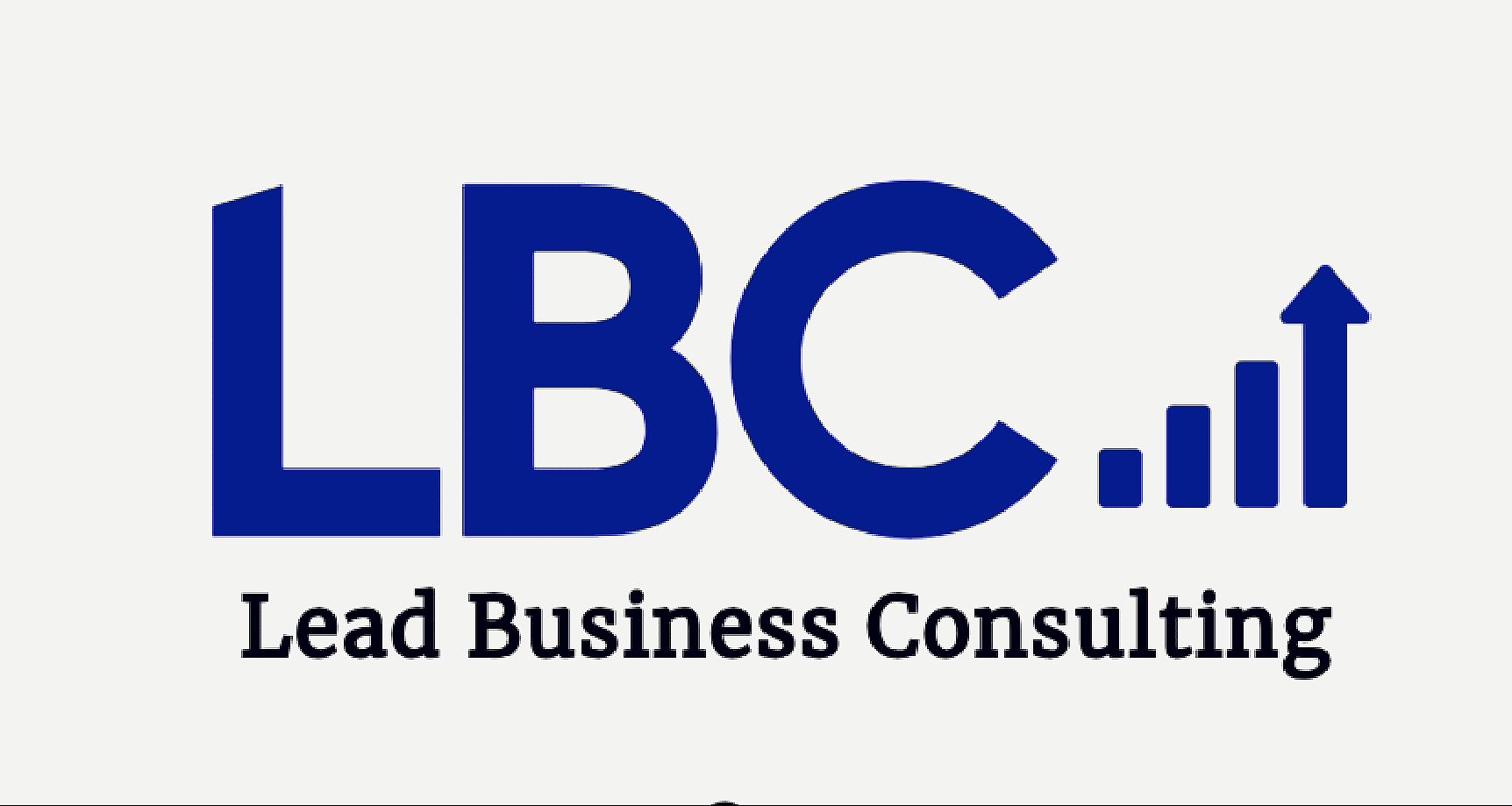Social Media Analytics Services
What is Social Media Analytics?
Social Media Analytics Services is the process of collecting, analyzing, and interpreting data from social media platforms to measure performance, track engagement, and optimize marketing strategies. Businesses use social media analytics services to monitor social media engagement, audience demographics, content performance, and competitor analysis across platforms like Facebook, Instagram, Twitter, LinkedIn, and TikTok. By leveraging real-time social media data, businesses can identify trending topics, customer sentiments, influencer impact, and ROI on social media campaigns. The insights from social media analytics services help brands improve social media strategy, increase brand awareness, and boost conversion rates.
Effective social media analytics software provides key metrics such as reach, impressions, click-through rates (CTR), customer sentiment analysis, and engagement rates, allowing businesses to refine their content strategy and maximize social media ROI. With AI-driven analytics and big data, companies can predict trends, enhance customer targeting, and stay ahead of competitors. Whether it’s Facebook insights, Instagram analytics, LinkedIn performance tracking, or Twitter engagement metrics, understanding social media KPIs is essential for social media optimization and digital marketing success. Businesses that use advanced social media analytics dashboards gain a competitive edge by making data-driven decisions to improve social media advertising, content marketing, and influencer marketing strategies.
By integrating Google Analytics with social media data, companies can track website traffic originating from social platforms and measure the effectiveness of their marketing campaigns. Investing in social media data analysis is crucial for businesses aiming to enhance online visibility, audience engagement, and digital marketing performance in today’s competitive landscape.

Why is Social Media Analytics Important?
Social Media Analytics is crucial for businesses looking to maximize their digital marketing strategy, improve social media engagement, and boost brand visibility. By leveraging real-time social media data, companies can track audience behavior, content performance, and competitor insights to refine their social media strategy. With platforms like Facebook, Instagram, LinkedIn, Twitter, and TikTok, businesses can monitor social media metrics such as reach, impressions, click-through rates (CTR), engagement rates, and conversion rates to optimize their marketing efforts.
Using social media analytics tools, brands can identify trending topics, customer sentiment, influencer performance, and ROI on social media campaigns. This data-driven approach helps businesses improve their content marketing, social media advertising, and influencer marketing strategies to maximize brand awareness and lead generation. Integrating Google Analytics with social media tracking allows businesses to measure website traffic from social media and assess the effectiveness of their campaigns.
With AI-driven analytics and big data, companies can predict trends, enhance customer targeting, and develop personalized marketing strategies that increase customer retention and sales conversions. Competitor analysis through social media insights helps brands stay ahead by adapting to changing market trends and consumer preferences.
Businesses that invest in social media monitoring and analytics dashboards gain a competitive advantage by making data-driven decisions, improving engagement, and increasing ROI. In today’s digital world, social media data analysis is essential for brands aiming to enhance online presence, audience interaction, and overall digital marketing success.
Key Metrics in Social Media Analytics
Tracking the right social media metrics is essential for businesses looking to optimize their social media strategy, increase engagement, and boost ROI. These metrics help brands measure content performance, audience behavior, and campaign effectiveness across platforms like Facebook, Instagram, Twitter, LinkedIn, and TikTok. Here are the key social media analytics metrics every business should track:
- Customer Sentiment Analysis: Analyze positive, neutral, and negative comments to understand public perception of your brand.
- Share of Voice (SOV): Compares your brand’s presence against competitors, helping to assess market positioning and industry influence.
- Click-Through Rate (CTR): Shows the percentage of users who click on a link in your post, leading to increased website traffic and conversions.
- Hashtag Performance: Tracks the effectiveness of trending hashtags, branded hashtags, and campaign-specific hashtags in increasing visibility.
- Response Rate & Time: Measures how quickly and effectively your brand responds to customer inquiries, affecting customer service and brand trust.
- ROI on Social Media Campaigns: Evaluate the return on investment from social media advertising, influencer marketing, and content marketing efforts.
- Follower Growth Rate: Tracks how quickly your social media audience is expanding, reflecting the success of your brand awareness and marketing strategy.
- Engagement Rate: Measures how users interact with your content through likes, comments, shares, and clicks. High engagement indicates strong audience interest.
- Reach & Impressions: Reach refers to the number of unique users who see your content, while impressions count total views, including multiple views from the same user.
- Conversion Rate: Measures the percentage of users who take a desired action, such as signing up for a newsletter or making a purchase, showing the impact of social media marketing on business goals.
By leveraging social media analytics tools, businesses can monitor these key metrics, optimize their digital marketing strategy, and drive higher engagement, lead generation, and revenue growth.
Best Tools for Social Media Analytics
- Google Analytics: Tracks social media traffic to your website.
- LinkedIn Analytics: Tracks professional engagement and content reach.
- Facebook Insights: Provides in-depth audience data for Facebook pages.
- Instagram Analytics: Helps track engagement, reach, and follower growth.
- Twitter Analytics: Measures tweet performance and audience demographics.
How Social Media Analytics Boosts Business Growth

Social Media Analytics plays a vital role in driving business growth by providing valuable insights into audience behavior, content performance, and marketing effectiveness. By leveraging real-time data from platforms like Facebook, Instagram, Twitter, LinkedIn, and TikTok, businesses can make informed decisions that optimize their social media strategy, increase engagement, and improve ROI.
Improved Audience Targeting:
Social media analytics helps businesses understand audience demographics, preferences, and behaviors, allowing for more precise targeting in campaigns. By identifying the right audience segments, brands can craft personalized messages that resonate, increasing conversion rates and customer loyalty.
Optimized Content Strategy:
By analyzing the performance of posts, ads, and videos, businesses can identify the types of content that generate the most engagement. This enables brands to focus on creating high-impact content, boosting brand awareness, and driving organic growth.
Increased Engagement:
Social media metrics such as likes, comments, shares, and click-through rates provide actionable insights into how well your content is connecting with your audience. By refining your approach based on this data, you can increase engagement rates, build stronger relationships with followers, and encourage word-of-mouth marketing.
Better ROI Measurement:
Social media analytics allows businesses to track the ROI of their social media campaigns, helping them determine which strategies are most cost-effective. By monitoring metrics like ad performance, conversion rates, and website traffic, companies can optimize ad spend and improve campaign profitability.
Competitive Edge:
Competitor analysis and social listening help businesses identify strengths, opportunities, and how their brand compares in share of voice and sentiment.
Enhanced Customer Service:
By monitoring customer feedback, reviews, and comments, businesses can improve customer service and address issues promptly. Fast and effective responses foster brand trust and loyalty, which in turn drives repeat business and customer retention.
Trend Identification:
Social media analytics tools help identify emerging trends, allowing businesses to stay ahead of the curve. By capitalizing on trending topics, hashtags, and viral content, brands can increase their visibility and engage with a broader audience, driving growth.
Social media analytics helps businesses make data-driven decisions, boost brand visibility, optimize strategies, and drive growth in a competitive market.
Steps to Implement a Successful Social Media Analytics Strategy
A successful Social Media Analytics strategy is key for businesses to boost online presence, optimize marketing, and drive growth. Follow these steps to use social media data effectively and gain insights into your performance on Facebook, Instagram, Twitter, LinkedIn, and TikTok.
1. Define Clear Objectives
Before diving into analytics, it’s essential to define the goals of your social media strategy. Clear goals help guide analytics and measure success—whether for awareness, engagement, traffic, or leads.Align your objectives with broader business goals for better clarity and focus.
2. Choose the Right Metrics
Identify the key performance indicators (KPIs) that align with your goals. Common social media metrics include:
Reach & Impressions: Tracks the number of unique users who see your posts.
Engagement Rate: Measures how your audience interacts with your content (likes, shares, comments).
Click-Through Rate (CTR): Indicates the effectiveness of your content in driving traffic to your website.
Conversion Rate: Monitors the percentage of users who take a desired action, like purchasing or signing up.
Focusing on the right metrics will allow you to track performance accurately and make informed decisions.
3. Use the Right Tools
Choose the appropriate social media analytics tools to gather, analyze, and interpret data. Tools like Google Analytics, Hootsuite, Sprout Social, Buffer, and Facebook Insights provide in-depth reports and easy-to-understand visualizations. These platforms help streamline data collection, so you can focus on interpreting results and improving your strategy.
4. Monitor Social Media Campaigns
Regularly track the performance of your social media campaigns to identify what’s working and what’s not. Use real-time analytics to gauge audience reactions, monitor engagement rates, and assess the ROI of paid advertising. Monitoring hashtags, keywords, and mentions can also provide insights into public sentiment and customer feedback.
5. Analyze Competitor Performance
Conduct a competitor analysis to benchmark your performance against similar businesses in your industry. Track share of voice, audience growth, and engagement rates to identify opportunities for improvement. Understanding your competitors’ strengths and weaknesses allows you to differentiate your brand and develop a more competitive social media strategy.
6. Adjust Your Strategy Based on Data
Use the insights gathered from social media analytics to continuously refine your strategy. If certain types of content (e.g., videos, infographics, or blog posts) generate more engagement, increase their frequency. If your audience responds better to specific posting times or days, adjust your content calendar accordingly. By making data-driven adjustments, you can improve your results over time.
7. Focus on Social Listening

Social listening involves tracking what people are saying about your brand, competitors, and industry. Tools like Brandwatch, Mention, or Talkwalker allow you to monitor online conversations and uncover insights about customer sentiment. Responding to feedback and addressing customer concerns promptly can help improve brand reputation and customer loyalty.
8. Report and Share Results
After gathering and analyzing data, create regular reports to track progress and share results with key stakeholders. These reports should highlight key metrics, trends, insights, and recommendations for future strategies. A well-structured report can demonstrate the impact of your social media efforts and justify investment in further social media campaigns.
9. Refine and Scale Your Strategy
Over time, you’ll gain a deeper understanding of what resonates with your audience. Refining your social media strategy based on performance data allows you to scale successful initiatives and further optimize your approach. As your strategy evolves, continue to adapt your analytics goals to stay aligned with changing market trends and business objectives.
By consistently using social media analytics, businesses can make smarter decisions, boost engagement, and achieve lasting success in their marketing efforts.
FAQs about Social Media Analytics
1. What are the best platforms for social media analytics?
The best platforms include Google Analytics, Facebook Insights, Instagram Analytics, Twitter Analytics, Hootsuite, and Sprout Social.
2. How often should I check my social media analytics?
It is recommended to analyze your social media performance weekly or at least monthly to make data-driven decisions.
3. Can social media analytics improve my sales?
Yes, by tracking conversion metrics, businesses can optimize their marketing strategies, resulting in increased sales and ROI.
4. What is the difference between reach and impressions?
Reach is the total number of unique users who see your content, while impressions represent how many times your content is shown, even if to the same user multiple times.
5. How do I track social media ROI?
You can track ROI by measuring conversion rates, lead generation, and revenue generated from social media campaigns.
By leveraging social media analytics effectively, businesses can drive engagement, increase brand awareness, and maximize revenue. Implementing a data-driven approach ensures that every social media campaign contributes to business success.
Contact us now for a free consultation!



